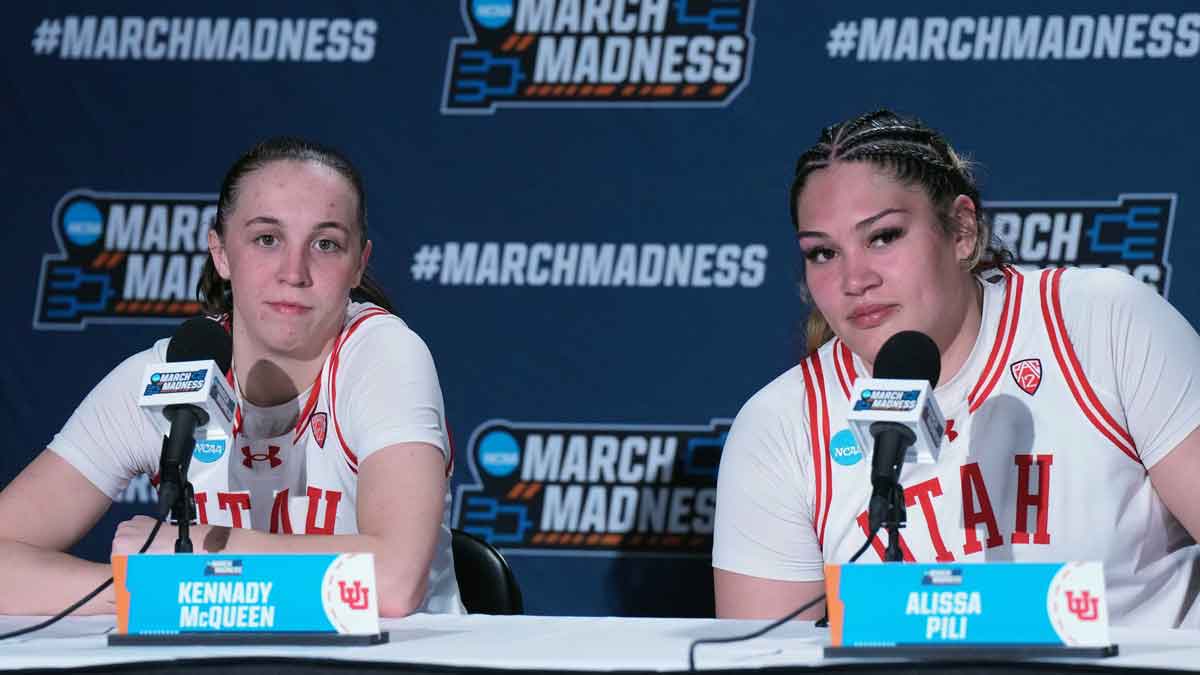A northern Idaho prosecutor determined that no charges will be filed against an 18-year-old accused of shouting racial slurs at the Utah women's basketball team during the NCAA tournament in March. The incident, which occurred as the team walked from their Coeur d'Alene hotel to a nearby restaurant, ignited discussions on the boundaries of hate speech and the protections afforded by the First Amendment.
The deputy attorney for Coeur d'Alene, Ryan Hunter, stated in a charging decision document that although the slurs were “detestable” and “incredibly offensive,” there was insufficient evidence to suggest that the man was threatening physical harm to the players or their property. Consequently, under Idaho's malicious harassment law, the behavior is considered protected free speech.
The Utes' unsettling experience began when a truck approached them, and the driver hurled a racist slur. The same group, bolstered by additional individuals, confronted the team again after their meal, further escalating the players' concerns about their safety. The repeated incidents were alarming enough to disturb the team significantly, as expressed by Utah coach Lynne Roberts who found the acts shockingly out of place in the diverse and typically inclusive environment of university sports.
“We had several instances of some kind of racial hate crimes toward our program and [it was] incredibly upsetting for all of us,” Roberts said, per the Associated Press. “In our world, in athletics and in university settings, it's shocking. There's so much diversity on a college campus and so you're just not exposed to that very often.”
Utah women's basketball declined comment on judgement

Despite nearly two dozen witness interviews and extensive review of surveillance footage, inconsistencies in vehicle and individual descriptions hindered the ability to firmly identify and prosecute the perpetrator. Although a silver passenger vehicle was eventually linked to the second encounter, and one of its occupants — a high school student — admitted to the act, claiming it was intended as a joke, the evidence did not support charges of malicious harassment, disorderly conduct, or disturbing the peace.
Idaho's hate crime law stipulates that such harassment is criminal only if there is an intent to threaten or cause physical harm. In this case, the young man’s supposed notion of humor meant there was no explicit intent to intimidate, thereby falling outside the law’s scope. Furthermore, the incident's occurrence on a busy thoroughfare during early evening meant the incident did not disturb the peace at that time, which also influenced the decision against pursuing charges for disorderly conduct or disturbing the peace.
Hunter expressed disdain for the behavior, condemning the racist and misogynistic remarks. However, he stressed that the current legal framework does not support a criminal prosecution in this instance, despite the public outrage and the broader societal implications of such hate speech.
“Setting aside the rank absurdity of that claim and the abjectly disgusting thought process required to believe it would be humorous to say something that abhorrent,” it undermines the premise that the man had the specific intent to intimidate and harass, Hunter wrote.
Utah women's basketball officials have opted not to comment on the decision.
